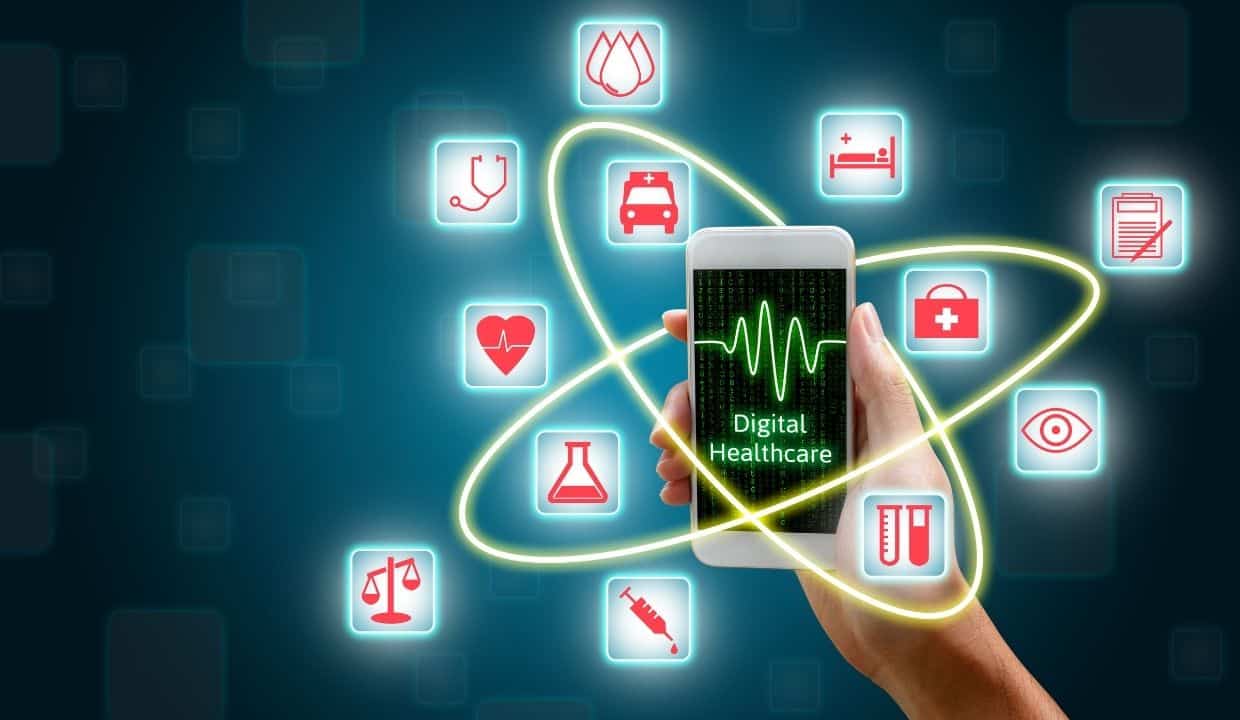Humanity has been changed drastically by the implementation of technology in our daily lives. Almost everything that we do involves some form of technology, from as simple as sleeping and set alarms using your phone to as tricky as using technology at work. The sudden radical change has glossed through everything and healthcare is no exception.
But how can we trust that the state of healthcare will be improved in the dawn of the digital future? And how does digital healthcare drastically affect how hospitals and other medical facilities work? Let me show you the future of technology in the healthcare industry.
Digital Apps and Medical Health Treatment
A plethora of companies are now creating apps that can be used to monitor the physical health of patients through in-app check-up scheduling. However, they’re also devising a way to monitor and help with the mental health of patients by creating models to help with depression. An example of this is augmented and virtual reality that’s used to treat mental health problems such as PTSD.
And by 2024, it’s speculated that people can even check their red books and maternity records digitally. With this comes records for immunization and vaccinations and many more.
Personalized Nutrition Plans
Implants that can be used to track what nutrients you need for your diet are currently on the works. By analyzing your gut bacteria and other factors, future dieticians will be able to create a personalized diet! If this becomes successful, it’s also possible to progress even more and create customized exercise routines as well.
Disease Pre-emption
Through the use of technology that’s implanted under the skin, we can pinpoint possible diseases or viruses that have entered your bloodstream. Monitoring your blood for toxins and impurities will make pre-empting medicine a lot easier. The data collected by the device will be displayed on your personalized health app to alert you if you have an impending disease or illness.
In cases where the data are taken shows signs of a life-threatening illness, paramedics will be alerted as soon as possible so that you’ll be adequately taken care of before the disease takes a toll on you physically.
Enhancing Specialist Medical Care
In the future, technology will give way to an age of single-click referral templates. This means that advice from specialists and guidance from them will be easier to access. You don’t have to rush to a hospital anymore to get medical help and waste money. With this, practical assessments will become more prominent, and hospitals become less crowded.
This will improve not only the state of proper medical care but also quick medical care. No more falling in line and no more anxious Doctor talks. Just getting advice, sending information about symptoms, and being in the comfort of your own home through a virtual assessment!
Diagnosing and Treating Patients
Artificial intelligence will be used by the year 2030 in the application of the best service required by each patient. Supporting these patients in stabilizing and maintaining their health and current condition will also be a top priority. By doing this, patients will be appropriately taken care of in their own home and be monitored adequately through wearable devices.
AI will also be used to analyze samples such as saliva and blood to be able to accurately diagnose you with illness within a matter of days or weeks instead of a lengthy month wait. The results have an accuracy upwards of 90% as well, so you don’t have to worry about getting inaccurate or bogus results.
The digital age of healthcare will become the golden age of medication for all of humankind. Pre-emption of diseases and great and swift services will be possible through technology.

